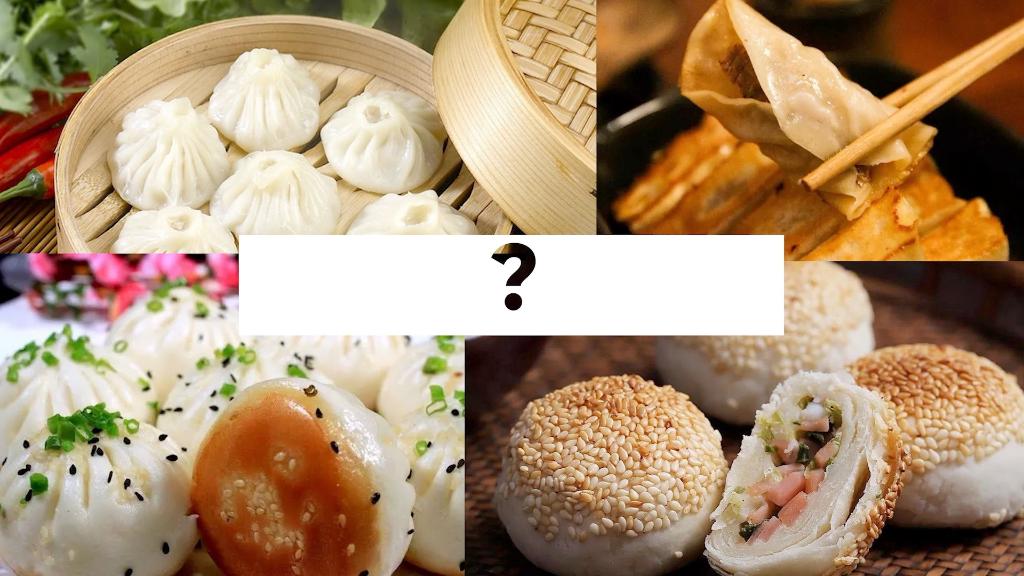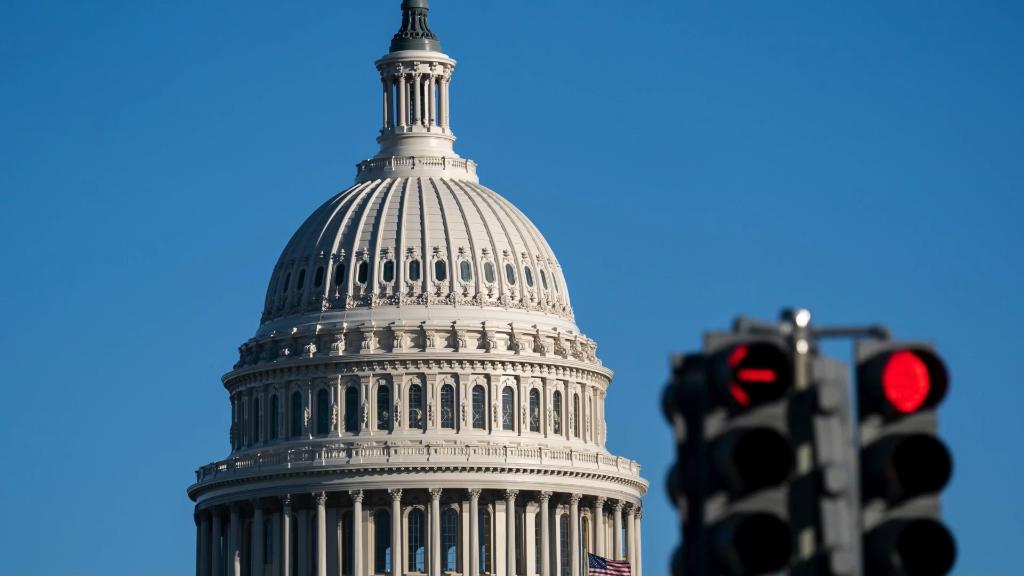
This photo taken on Aug. 4, 2022 shows the White House and a stop sign in Washington, D.C., the United States. (Xinhua/Liu Jie)
The comments are just part of Washington's long-held Janus-faced China policy: applying a mixed approach of containment, competition and cooperation to best serve America's self-interests and its hubris to dominate the world.
BEIJING, May 2 (Xinhua) -- U.S. President Joe Biden said on Wednesday that the Chips and Science Act was "not designed to hurt China." But are his remarks, along with other similar ones made by several U.S. officials, credible?
Earlier, U.S. Trade Representative Katherine Tai said that all members of Biden's administration have been "very clear" that decoupling from the Chinese economy is "not a goal or achievable." U.S. Treasury Secretary Janet Yellen also denied that the United States was seeking to decouple the U.S. economy from China's economy.
Those remarks might seem friendly, but they can hardly be interpreted as a "goodwill gesture" by the United States toward China. In fact, the comments are just part of Washington's long-held Janus-faced China policy: applying a mixed approach of containment, competition and cooperation to best serve America's self-interests and its hubris to dominate the world.
DOUBLE-DEALING AS USUAL
In fact, this is not the first time those senior U.S. officials made those deceitful remarks. During a visit to France back in 2021, U.S. Secretary of State Antony Blinken said "our purpose is not to contain China" or "try to hold China back."
So what to make of the gap between those words and the actual policies pursued by Washington?
On multiple pressing issues, the United States indeed needs China's cooperation, like solving the 2008 global financial crisis and fighting climate change. No countries can fix those problems alone.
Meanwhile, successive U.S. administrations in recent decades have viewed China as a strategic competitor and a challenge to America's global supremacy.
So Washington has chosen to demand communication and cooperation from China on the one hand while attempting to contain China's development on the other through various means under the pretext of safeguarding national security and the so-called rules-based international order.
For example, Washington repeatedly claims that it will not seek a new "Cold War" with Beijing, yet it has been hyping up the so-called "democracy vs autocracy" narrative; it claims that it wants to advance a vision for an open, inclusive international system, yet it is bent on building up a series of exclusive blocs like the Quad and AUKUS alliance to encircle China.

Pedestrians walk past a store in New York, the United States, May 11, 2022. (Xinhua/Wang Ying)
While it also claims that the Chips and Science Act was not designed to hurt China, an awardee under the law "may not engage in any significant transaction ... involving the material expansion of semiconductor manufacturing capacity" in China or any other foreign country of concern over the following 10-year period. In the meantime, Washington is forcing some of its key allies to squeeze chip supplies to China. Such examples of U.S. hypocrisy are not in short supply. Most recently, the United States continues to peddle lies on a Chinese civilian balloon and COVID origins tracing. It also insisted on arranging a so-called U.S. stopover for the leader of China's Taiwan region. Those actions have only reinforced an impression that Washington has no real intention to alter its wrong-headed China policy and improve bilateral ties.
"Both the U.S. and China have important roles to play in global diplomacy and strategic dialogue. Increased communication and cooperation on issues such as climate change, global health, and nuclear non-proliferation could benefit both countries and the world," said Cavince Adhere, a Kenya-based international relations scholar.
The U.S. actions such as engaging in trade, technology and economic suppression of China have done little to stabilize relations, despite some attempts by Washington to appear more amicable, he cautioned.
DAMAGING RESULTS
The China-U.S. relationship is widely acknowledged as the world's most important bilateral relations. Such a dubious handling of the relationship by Washington will not only backfire and eventually hurt America's own interests, but also prevent the international community from solving its common problems.
The U.S. federal government's debt hit its ceiling of 31.4 trillion U.S. dollars in January. The Federal Reserve has continuously raised interest rates to curb inflation. Several U.S. banks have collapsed, raising the fear of a banking crisis, and the financial turmoil has intensified the risk of a recession.

This photo taken on Jan. 20, 2023 shows the U.S. Department of the Treasury in Washington, D.C., the United States. (Xinhua/Liu Jie)
Experts have said that under such circumstances and in an integrated world, properly managing the China-U.S. relationship will help the United States stabilize its economic and financial situation.
Nourhan el-Sheikh, a professor of international relations at Cairo University, said China, as the world's second-biggest economy and an important driver of global trade, is also a major holder of U.S. Treasuries.
In order to build healthy relations between the two countries, Washington must give up its Janus-faced China policy and cooperate with China in a sincere manner, and U.S. politicians must not say one thing while doing another.
Meanwhile, Washington's China policy that combines containment and cooperation has global consequences. America's talking about cooperation while seeking confrontation at the same time has greatly disrupted the world order and confused other countries, further damaging the United States' reputation.
The U.S. policy of suppressing China has rocked the global industrial chains and harmed the interests of many countries, said Zhang Yifei, an associate researcher with the Institute of American Studies at the Chinese Academy of Social Sciences.
Stephen Walt, a Harvard University professor of international relations, said in an article he wrote for Foreign Policy that most countries "do not want to see great-power competition get out of hand, because they believe a Sino-American clash would have negative consequences for them."
"In the decades to come, therefore, many states will prefer to rally behind whichever major power seems more likely to promote peace, stability, and order. By the same logic, they will tend to distance themselves from whichever major powers they believe are disturbing the peace," he said.■












